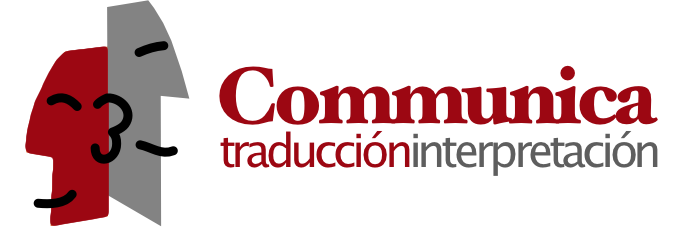Choosing the Right Interpreter and Unraveling the Challenges
Effective communication between healthcare providers and patients is crucial, especially in medical settings where accurate information exchange can directly impact patient care and outcomes. For individuals with limited English proficiency, medical interpretation plays a vital role in bridging the language barrier. In this article, we will explore the significance of selecting the correct medical interpreter, the challenges involved in medical interpretation, and the essential skills required for this specialized field.
Choosing the Correct Medical Interpreter:
- Language Proficiency: The first and foremost consideration in selecting a medical interpreter is their language proficiency. An interpreter must be fluent in both the source language (patient’s language) and the target language (language used by healthcare professionals) to ensure accurate and comprehensive communication.
- Cultural Competence: Medical interpreters with cultural competence possess a deep understanding of the cultural nuances and sensitivities associated with diverse patient populations. This knowledge enables them to navigate potential misunderstandings arising from differences in cultural practices, beliefs, and healthcare expectations.
- Subject Matter Expertise: Medical interpretation encompasses various specialized fields, such as cardiology, oncology, or pediatrics. Depending on your specific medical setting, it is crucial to choose an interpreter who possesses relevant subject matter expertise. This ensures accurate interpretation of complex medical terminology and procedures.
- Certification and Training: Look for interpreters who have obtained professional certification or undergone specialized training in medical interpretation.
Challenges in Medical Interpretation:
- Technical and Medical Terminology: Medical interpretation involves navigating through a vast array of technical and medical terminology. Interpreters must possess a solid understanding of these terms in both languages to accurately convey information without losing essential details.
- Emotional and Sensitive Content: Medical encounters can involve emotionally charged situations, such as delivering difficult diagnoses or discussing end-of-life care. Interpreters must handle such sensitive content with empathy, ensuring accurate interpretation while maintaining the emotional well-being of all parties involved.
- Time Constraints and Pressure: In healthcare settings, time is often a limited resource. Medical interpreters must work efficiently to interpret conversations in real-time, capturing the essence of the message accurately. They must also manage the pressure of maintaining accuracy while working swiftly.
Skills Required for Medical Interpreters:
- Excellent Communication Skills: Clear and effective communication is the foundation of successful interpretation. Interpreters must possess exceptional listening and speaking skills to accurately convey messages, while also actively engaging with patients and healthcare providers.
- Analytical and Cognitive Skills: Interpreters must quickly analyze and process information, often in high-pressure situations. Strong analytical and cognitive skills enable them to understand complex medical concepts and relay them accurately.
- Emotional Intelligence: Interpreters with high emotional intelligence can navigate sensitive conversations with empathy and cultural sensitivity. This skill allows them to maintain a supportive and reassuring environment, ensuring effective communication between all parties involved.
- Adaptability and Flexibility: Healthcare settings are dynamic, and interpreters must adapt to different environments, medical specialties, and patient populations. Flexibility enables them to handle unexpected challenges, such as dialectal variations or regional accents, while maintaining accuracy.
By considering language proficiency, cultural competence, subject matter expertise, certification, and training, healthcare providers can find a qualified medical interpreter who meets their specific needs.
However, it’s important to remember that medical interpretation is not without its challenges. Interpreters must navigate technical terminology, handle emotionally sensitive content, and work under time constraints and pressure. That’s why interpreters with excellent communication skills, strong analytical abilities, high emotional intelligence, and adaptability are crucial in ensuring accurate and compassionate communication between healthcare providers and patients. By recognizing the significance of medical interpretation and the skills required, healthcare settings can foster effective multilingual communication, enhance patient satisfaction, and ultimately deliver the highest standard of care to all individuals, regardless of their language proficiency.
